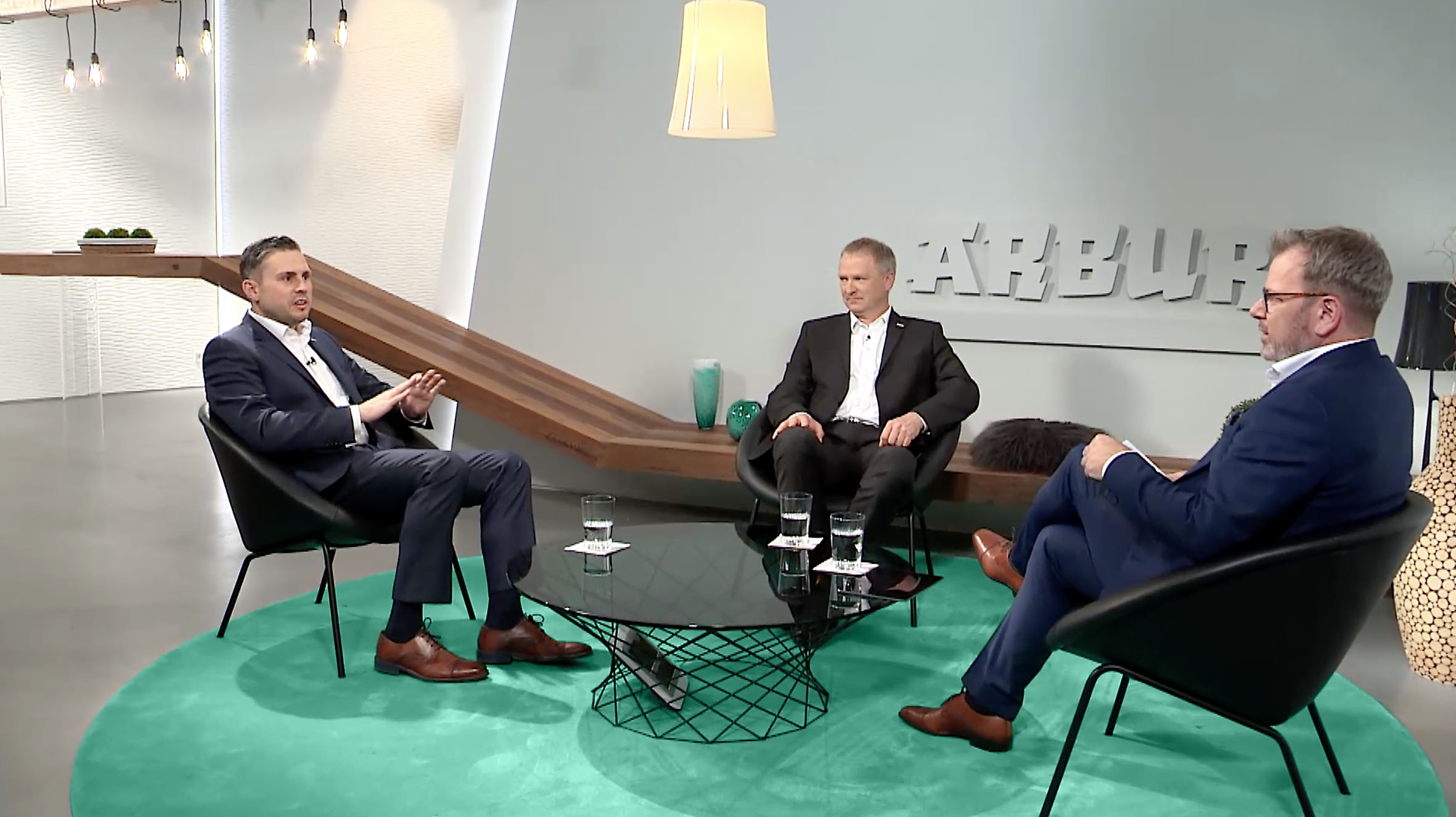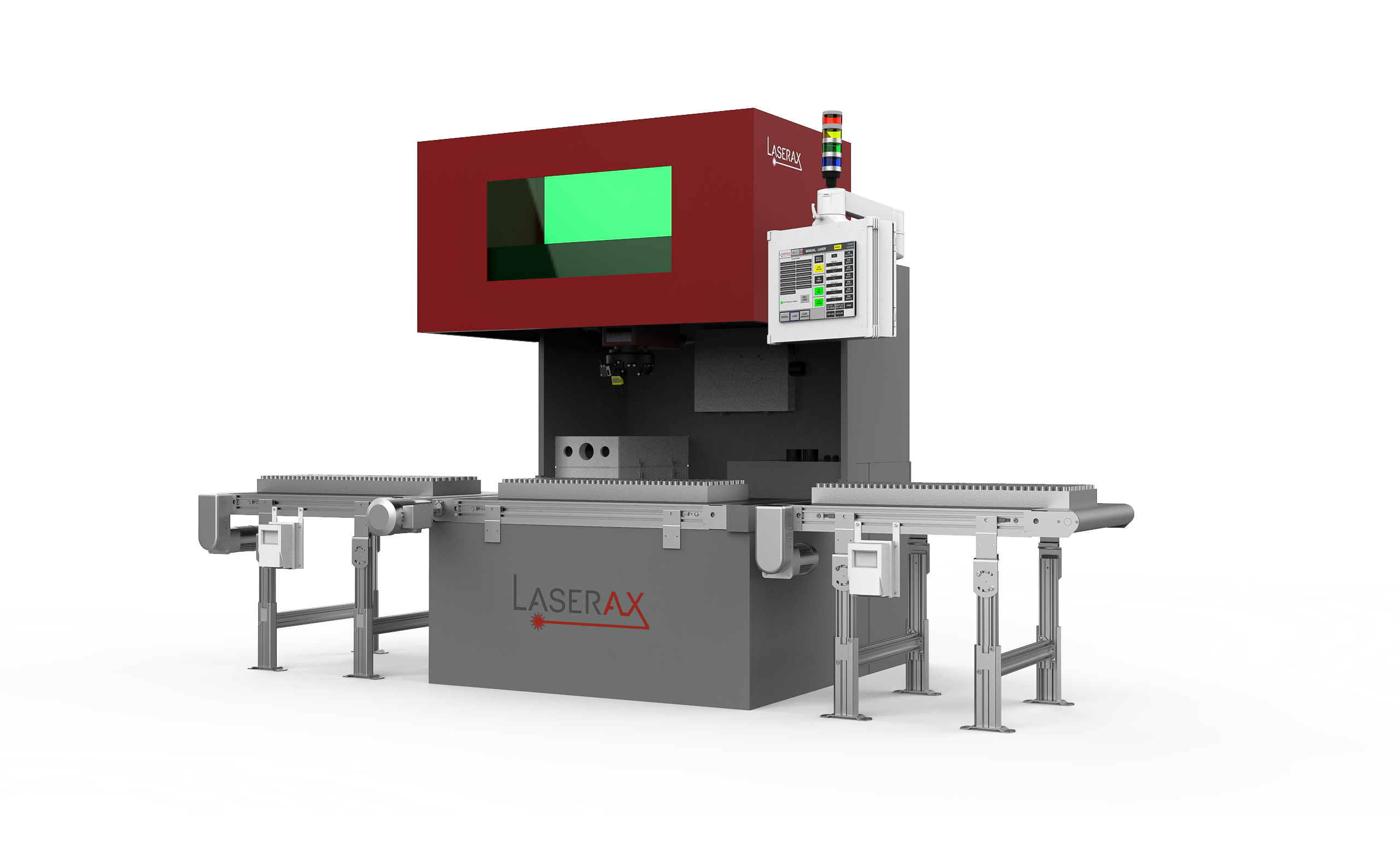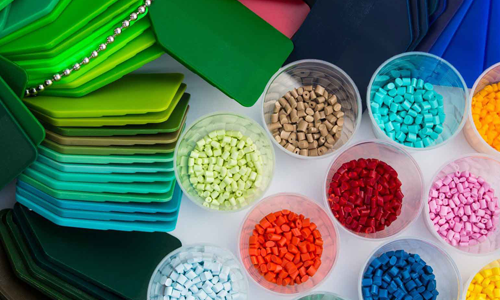Garden plastic fencing is set to revolutionise the domestic and commercial fencing sector, a global market that will hit £5.5bn by 2024. These products are strong, maintenance free, cost efficient and will last for years.
Hybrid Fencing Ltd supplies a range of plastic fence and gate products to domestic and commercial customers. Its plastic fencing uses recycled materials engineered to offer high performance, sustainable products.
The plastic fencing uses recycled polystyrene that provides the core of each fence panel. This is then coated with a polypropylene skin. Approximately 80% is made from recycled materials.
Founder Tim White noticed that the company’s coloured fence products were prone to warping when exposed to sunlight. Yet the same product in white did not absorb energy from sunlight, so it never warped as a result.
The problem occurred as one side of the coloured fence panel expanded as it warmed up while the other side remained cool. This causes it to contract into a banana like shape, compromising its performance.
Tim decided to approach specialist additive and masterbatch manufacturer Colour Tone. Since it has developed ‘Cool Plastics’ Vynacol® infrared reflecting (IRR) masterbatches. These are able to help reduce solar energy absorption and therefore, heat-build in PVCu products.
Hybrid Fencing’s requirements for a new colour masterbatch were:
- Repeatable colour
- Colourfast exterior pigments to prevent colour fading over time
- Significantly reduced warping.
Tony Gaukroger, director, Colour Tone explains how the IRR masterbatch works:
“Colours featuring infrared reflecting (IRR) pigment technology can offer up to 40% reduction in temperature profiles. This compares to formulated colours. This results in lower service temperatures to enhance a product’s durability and in this instance, prevent warping.
“If for example, two objects are in direct sunlight whose colour appears identical in the visible spectra, they can be formulated to have completely different reflectance characteristics in the infrared range. The colour designed to reflect the IR radiation will remain cooler under the same conditions.”
Following a successful trial of the IRR masterbatch, Hybrid Fencing has received Design Council accreditation for a new range of coloured fence products which will be launched this year.
Tim White, managing director, Hybrid Fencing, comments:
“Thanks to Colour Ton. We are able to offer an enhanced range of coloured fencing with improved resistance to solar absorption to deliver the very best performance.”
While designed originally for PVCu, this latest application proves this novel IRR masterbatch can be applied to other polymers in numerous markets for its ‘cool plastic’ benefits.
Source : prolandscapermagazine.com







